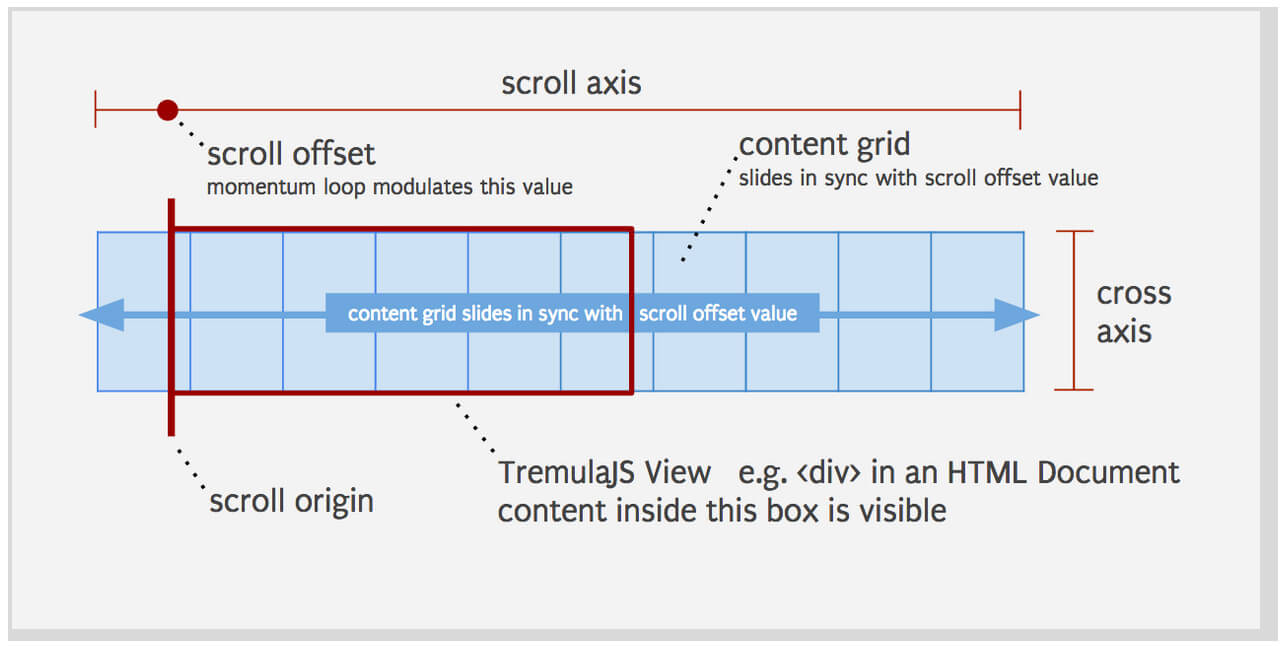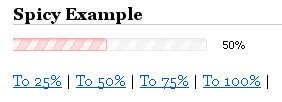Document.elementFromPoint
Reacting to events with JavaScript is the foundation of a dynamic experiences on the web. Whether it's a click event or another typical action, responding to that action is important. We started with assigning events to specific elements, then moved to event delegation for efficiency, but did you know you can identify elements by position on the page? Let's look at document.elementFromPoint and document.elementsFromPoint.
The document.elementFromPoint method accepts x and y parameters to identify the top-most element at a point:
const element = document.elementFromPoint(100, 100);
//
If you want to know the entire element stack, you can use document.elementsFromPoint:
const elements = document.elementsFromPoint(100, 100);
// [
The elementFromPoint and elementsFromPoint are really helpful for experiences where developers don't want to assign individual events. Games and entertainment sites could benefit from these functions. How would you use them?
![Responsive and Infinitely Scalable JS Animations]()
Back in late 2012 it was not easy to find open source projects using requestAnimationFrame() - this is the hook that allows Javascript code to synchronize with a web browser's native paint loop. Animations using this method can run at 60 fps and deliver fantastic...
![7 Essential JavaScript Functions]()
I remember the early days of JavaScript where you needed a simple function for just about everything because the browser vendors implemented features differently, and not just edge features, basic features, like addEventListener and attachEvent. Times have changed but there are still a few functions each developer should...
![dwProgressBar v2: Stepping and Events]()
dwProgressBar was a huge hit when it debuted. For those of you who didn't catch my first post, dwProgressBar is a MooTools 1.2-based progress bar which allows for as much flexibility as possible. Every piece of dwProgressBar can be controlled by CSS...
![PHP Woot Checker – Tech, Wine, and Shirt Woot]()
If you haven't heard of Woot.com, you've been living under a rock. For those who have been under the proverbial rock, here's the plot:
Every day, Woot sells one product.
Once the item is sold out, no more items are available for purchase.
You don't know how many...




